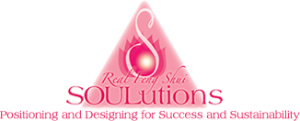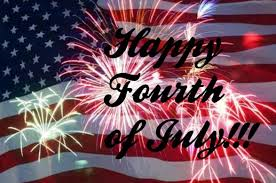The 2 Most Important Feng Shui Questions Answered!
Happy Fourth of July! I wish you a safe, festive and happy weekend. These are the 2 most common Feng Shui questions I get asked all the time.
How do I know if I have good Feng Shui or bad Feng Shui?
You will know if you have bad Feng Shui if you have continuous string of bad luck, a lack of opportunities, have difficulties in relationships with family, romantic partners or family. Since moving in the home, have you suffered with money loss or have been ill? In business, have you been passed over for promotions, or have experienced setbacks or lose customers. If you are experiencing these negative events in your personal and business life, it is likely that the energy of your environment is not supporting you. If things have been going mostly well in the areas of health, relationships and wealth, and you’ve had little mishaps here and there, then most likely your home is supporting you.
How is Classical Feng Shui different than other types of Feng Shui?
There are two main types of Feng Shui practiced in the world–authentic Feng Shui, known as Traditional or Classical and the westernized versions known as Black Hat Tibetan or Western Feng Shui. It makes extensive use of colors, crystals, clearing clutter, coin-chocked frogs and other symbolic objects that have virtually nothing to do with energy. Classical Feng Shui is an extensive body of knowledge and living science that has been around for more than a thousand years and applies well-defined scientific principles. The western style has been around for over 35 years and is not authentic Feng Shui. It is a water-down version practiced without the use of a compass and orients everyone home to the north whether if faces that direction or not.
The use of a compass is vital as each structure has its own unique energy that will interact with the occupants. To accurately analyze the energy of any given site, a sophisticated compass and complex mathematical formulas are used to examine both the physical environment (location and orientation of the building and its relationship to surrounding environmental features) and the quality of energy affecting a building in a specific time period. In using these techniques, the Feng Shui is specific and unique to the people and the site–no guess work and no missing precious opportunities.

